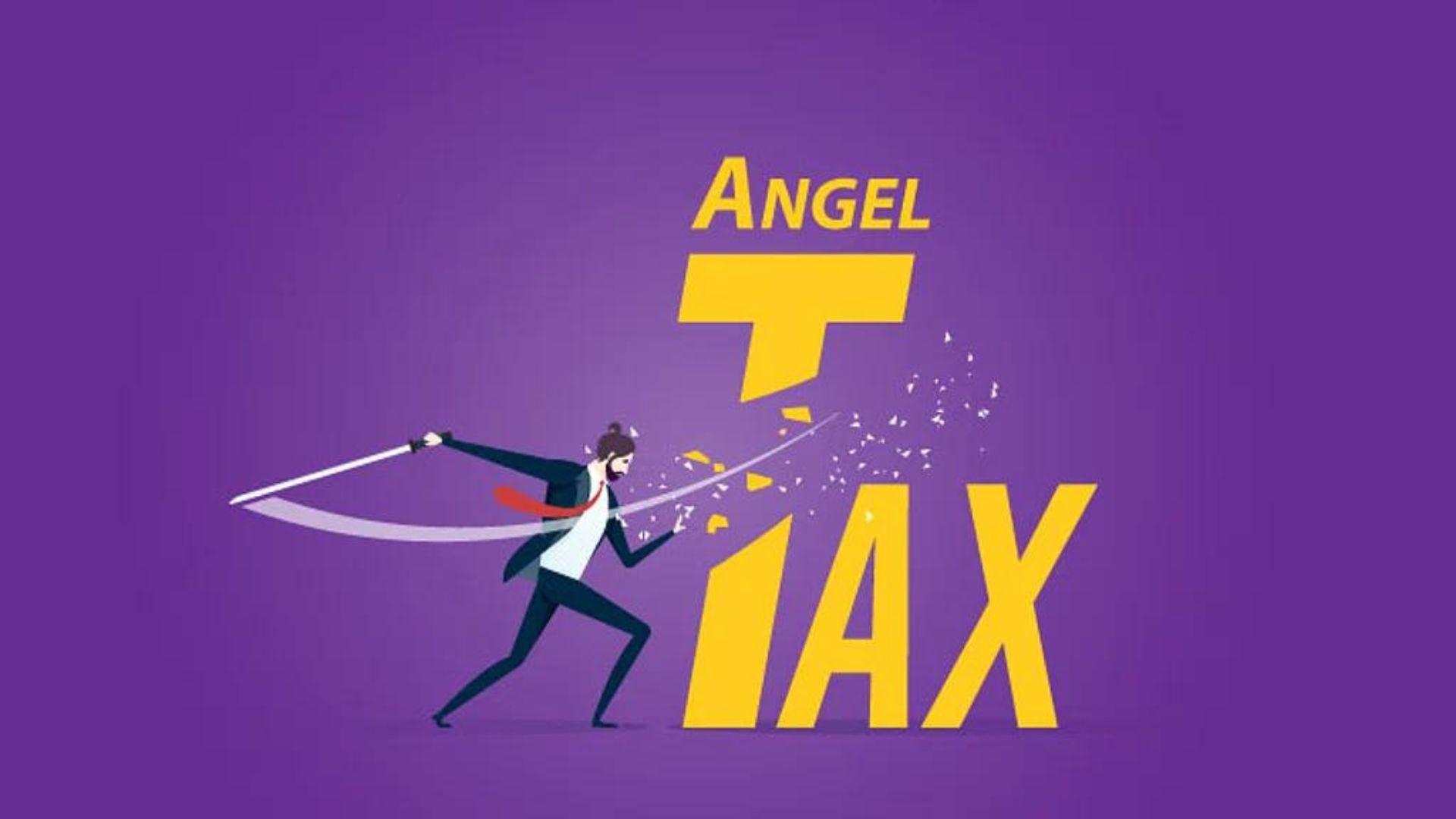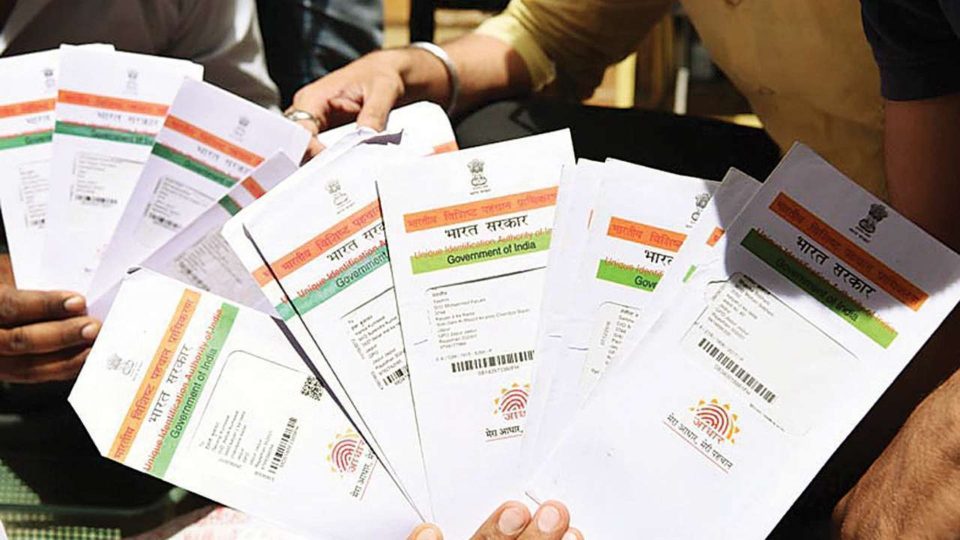Angel Tax is something that every entrepreneur should know about. When a startup company is established in India, a specific amount is collected in the form of tax under Under section (56(2)(viib)) of the Income Tax Act. However, things changed when the Government announced some relaxations with the Union Budget 2019. But a company is allowed for these exemptions under specific conditions.

What is Angel Tax?
Every new business needs funding to get started. Startups often seek investments by offering a share of ownership because they don’t have many physical assets to use as collateral. When a startup is struggling to make its mark in the market, an angel investor can provide much-needed financial support.
Section 56 (2) (viib) of the Income Tax Act of 1961 deals with something called “angel tax.” According to the Finance Act of 2012, if a startup (a company whose shares aren’t traded on the stock market) gets money from an angel investor, they have to give a certain amount to the government.
But, this tax is only applicable when the total investment exceeds the company’s Fair Market Value (FMV). When this happens, the excess amount is considered “income from other sources,” and it triggers the angel tax.
Tax Rate
In India, there’s a tax system that has different rates depending on your income and other factors. Angel tax is a significant 30.9% tax applied to investments received by startups that are higher than their fair market value. So, when new businesses seek investment, they have to pay this angel tax to the Income Tax Department.
Also read:
5 Different Ways to Save Income Tax in India
Agnel Tax Exemption
As mentioned earlier, angel tax can be a big problem for startups. Losing a significant portion of their investment, especially in the beginning, is tough for most of them. Many investors, entrepreneurs, and industry experts have criticized the introduction of this tax.
After startups appealed for relief, the Indian Government made changes in the 2019 Union budget. They stated that if a startup is registered under the DPIIT (Department for Promotion of Industry and Internal Trade), it wouldn’t have to pay this tax.
To qualify for DPIIT status and avoid angel tax, startups need to apply with the necessary documents to the Central Board of Direct Taxes (CBDT) and get approval from them.




